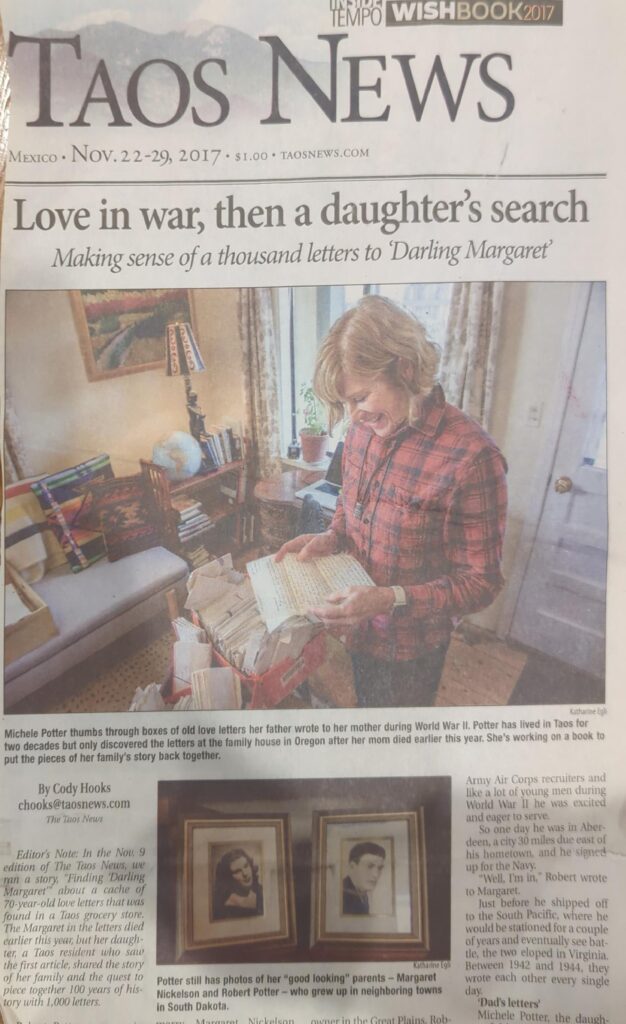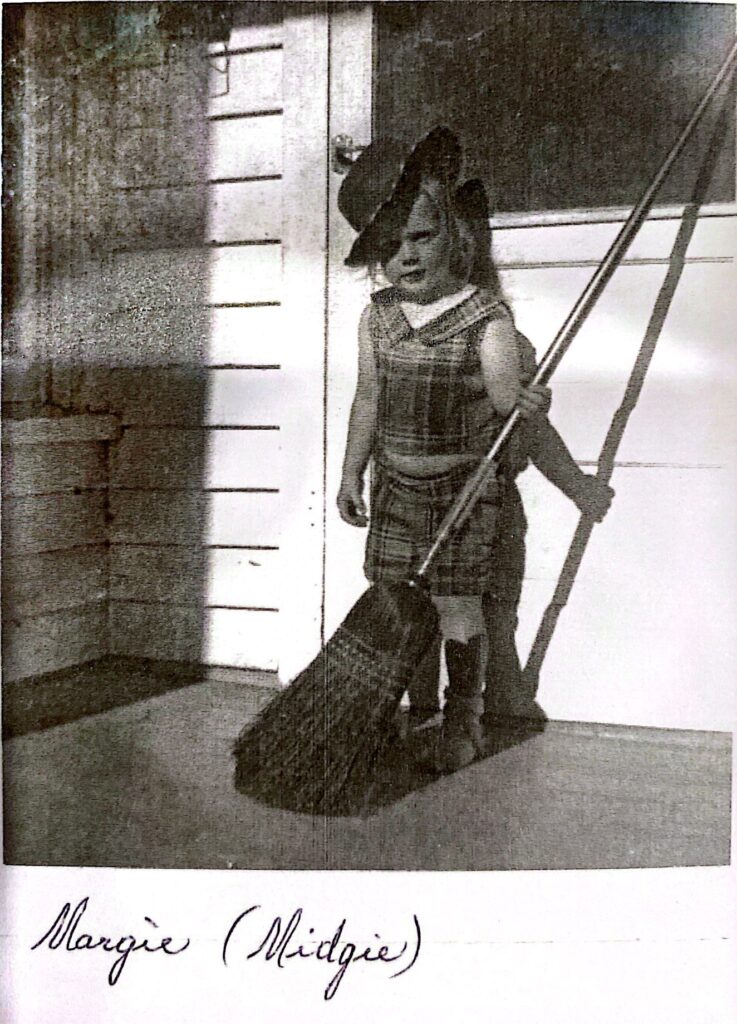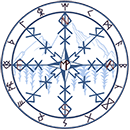If everybody gets five minutes of fame, I got mine. I was on the front page of The Taos News a few years ago – without committing a crime. Still, the circumstances were suspect.

I left behind a packet of love letters at Albertsons sometime in November, 2017. They were not mine. They were my mother’s, written to her by my father during World War II. The romance of it all brought the cashier who found them to tears. She said how beautiful they were– “just like The Notebook”. The weekly paper in our small town printed a notice to find the mysterious owner.
I didn’t even notice they were gone. There were another 850 or so because my parents wrote to each other every single day of the war. My father, Robert Potter, was in the Navy for three years. His letters began taking on a life of their own (including serving as a muse for my upcoming memoir).
It started when I claimed those letters from The Taos News. They wanted to follow up with a Thanksgiving feature about love, war, and the perfect family. I played along, much as my mother and so many other women had done for most of their lives.
We had a sense of humor in my family. You had to. Maybe it was because my father, like me, had ADHD, or even PTSD? These days, we’d probably toss in something about toxic masculinity… Still, my parents looked picture-perfect together, much like my own ex-husband and I used to. Truth is a lot more complicated than it looks.
Robert Potter wrote a blow-by-blow account from Iwo Jima, a turning point in the war. While we remember personal histories of birthdays and anniversary celebrations, global history is more like the full catastrophe. We remember the dates of our collective fear: Pearl Harbor, or the day the Twin Trade Towers fell – the very name of which is its date: 9/11.
How do we learn from history, from our collective past? How do we reframe pain into something we can use? Like the pilot, whose strength to save his passengers from hijackers came from the pain he suffered from losing his own father as a young boy in WWII*. Aren’t we all the walking wounded? Though suffering is not the only source of strength. Sometimes it brews for generations, steeped in the potent traditions of our ancestors, no matter how misunderstood they may be by the rest of the world. Just ask the Navajo Code Talker whose ancestral ceremonies healed his PTSD*, while so many other soldiers carried the weight of the same trauma throughout their lives.
My ancestral memoir begins on January 12, 1888 with my grandma Daisy. She was five years old the day she survived the Children’s Blizzard. Not only did she survive, she left me her stories.
The Discovery…
I was looking for Lakota history in a South Dakota bookstore when a volume of the country’s largest women’s pioneer oral history practically fell into my lap. My Grandmother’s stories jumped out at me: the vast prairie, her pony named Dan, the deadly blizzard. And there were more stories to come…
My mother was ninety when we found my father’s letters. We were moving her out of the house she’d lived in for 50 years. We also discovered town newspapers in a long box carefully labeled with my grandmother’s odd and unmistakable handwriting. They were from her hometown starting from the year of her birth in 1883. My mother, who saved every card a grandchild had ever sent her, said, “Toss them; no one wants them.”
I couldn’t do that, of course, not if you’re me. I believe that we need to pass on the stories that matter, stories that bring meaning and beauty to our lives. I began to see my own place in the greater context of my family’s history, daydreaming of writing for the granddaughter I’d have someday.

Some days it resists and repels me. Writing about the death of my beautiful young sister brought her back to me again with so much pain, yet afterward there was a greater peace. I left some baggage behind and turned our story into Louis Vuitton luggage. I can hear my sister laughing at my dumb humor now. We learn, gradually, to reframe our personal histories, integrating life’s shadows. Sometimes perspective is the strength we need to survive.
Sometimes perspective takes time. What will I yet say of a marriage that nearly killed me but also made me stronger? If I write the truth, will my three sons hate me? If I don’t, will I hate myself? I pray to the gods of creativity to help me shape a personal truth that makes me stronger still.
Someone gave me a gift of 23andMe (or was it Ancestry.com?). My interest is neither in DNA nor genealogy, so I gave it away. Human relationships are much larger than biology. And don’t our other attachments save us, too? Like my own love of story – about the mountains, rivers, and forests that befriend me. The stories that help us heal each other are usually a combination of grit and grace.
Sometimes, when you can’t see the grace, there is still the grit.
My job is to pass it on.
Stay tuned.
*Find these stories and more in my upcoming historical memoir.
